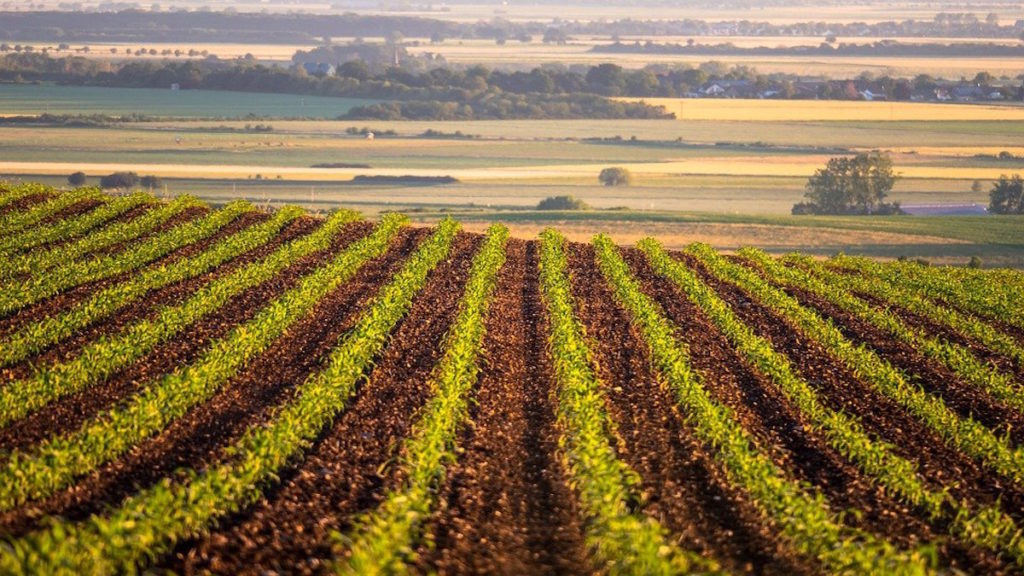Featured image by Didgeman from Pixabay
Sustainable agriculture suggests wise use of natural resources with the future in mind to make them available to the next generations of farming businesses. Sustainability does not only refer to growing food crops to support human needs, producing forage for livestock, supplying industries with technical cultures. It also protects the environment to benefit from it in the long-term perspective.
In other words, it is essential to revitalize nature and spare its resources to be able to utilize them as long as possible. It involves boosting soil fertility, recycling, reduction of chemical applications, to mention a few.
RELATED ARTICLE: MAKING IT THROUGH YOUR FIRST YEAR AS A BUSINESS OWNER
Precision Agriculture and Sustainability
Precision agriculture promotes sustainability by employing a wide array of online tools to help farming businesses identify critical issues and respond quickly. For example, vegetation indices on Crop Monitoring and Normalized Difference Vegetation Index (NDVI)particularly alert farmers to deviations in plant development possibly caused by lack of moisture, weed or pest infestations, diseases, or fertilizer deficiency. Recommendations for differentiated applications minimize inputs and protect natural resources from unjustified chemical use.
Vegetation indices also assist in monitoring crop density and detecting bare soils. Addressing bare soils by restoring vegetation coverage helps prevent erosion, since plant roots hold the earth in place.
Top 5 Sustainable Agriculture Practices
The sustainable farming business approach includes multiple successful techniques applied worldwide for the benefit of people and nature. The most common and efficient methods are as follows:
Rotating Crops
By sowing different crops season by season, farmland owners manage to supply various crops to ensure food diversity and boost yields and reduce inputs. Since legumes are nitrogen-fixing plants, they let agriculturalists increase soil nitrogen concentration for the next crop without chemical applications. Besides, as specific pests have their particular housing species, it is possible to eliminate them by changing types of crops. You can also get a spectrometer. Learn how near infrared spectroscopy can be used in agriculture and plant sciences.
Protecting Soil
Soil health is the primary condition for high yields, so its maintenance and restoration are significant aspects of sustainability for all farming businesses. So, agriculture has developed numerous techniques of soil conservation:
- Planting cover crops to tackle erosion and keep moisture.
- No-till farming to eliminate earth disturbance.
- Mulching to control weeds and reduce chemical contamination of land resources.
- Practicing fallow years to prevent soil depletion.
- Implementing crop rotation to saturate plant-ingestible nitrogen.
- Ensuring soil carbon sequestration to reduce greenhouse gas emissions.
- Integrating animal and crop production to supply organic manure.
Managing Water
The choice of agricultural species depends on their water needs and the climatic peculiarities of the region where the farming business is located. While waterlogged areas are ideal for rice, they are not suitable for highland plants. Areas with low precipitations require irrigation, and in this case, accurate weather forecasts allow saving costs with information on upcoming rains. Zoning features help differentiate the spots for timely moisture supplies. Reduced chemical applications improve water quality due to minimized leakage.
Using Renewable Energy Resources
The depletion of natural resources is a severe challenge to humankind. So, this is why sustainable agriculture relies on environment-friendly options:
- Solar panels
- Wind turbines
- Hydropower stations
- Rainwater harvesting
- Biodiesel
- Geothermal heat pumping
- Recycling
Integrated Pest Management
Even though chemical pesticides prove to be highly efficient, they strongly harm nature and people’s health. For this reason, farming business owners find alternatives for combating pest damage are excellent solutions. These include mechanical removal, the introduction of biological enemies, crop rotation, and preventative measures.
Reasons to Opt for Sustainable Cropping
To ensure the availability of resources to support food needs, present-day farmers switch from heavy-exploitation practices of industrial agriculture to regenerative techniques. Thus, this approach allows:
- Decreasing chemical contamination.
- Improving the quality of food products and their nutrition properties.
- Preserving natural habitats.
- Enhancing biodiversity.
- Availing non-renewable resources in the future.
- Supporting economic viability.
- Raising life standards and wellbeing.
Thus, sustainable agriculture methods not only help us preserve nature and guarantee food security for the next generations. They are beneficial in regard to overall human health and welfare.
RELATED ARTICLE: LUCRATIVE BUSINESS IDEAS YOU CAN START AT HOME
